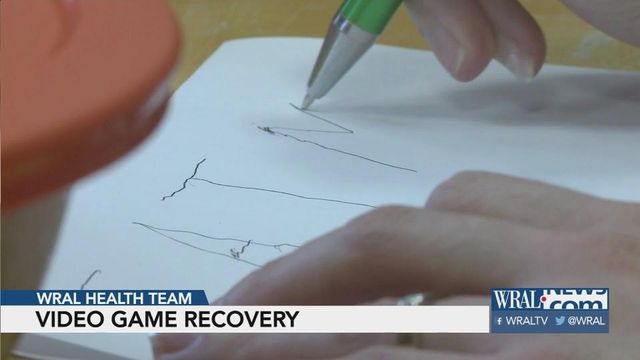NC State engineers use video game tech to rehab injury, stroke patients
Close access to a therapy center often an issue for patients, but North Carolina State University engineers say video game technology may be the answer.
Posted — UpdatedPhysical therapy is key to recovery for many patients overcoming injury or a stroke.
For patients without access to a nearby therapy center, North Carolina State University engineers say video game technology may be the answer.
It takes grueling work for patients to overcome injury or stroke to regain even partial use of their limbs. That work typically takes place in a medical center.
"Perhaps they don't need to spend a lot of time getting stuck in traffic going to an urban area," said Dr. Karen Chen, an industrial systems engineer at N.C. State.
Physical therapists occasionally visit patients' homes, but Chen is developing a convenient alternative.
"(We are) Using virtual reality to help patients with different musculoskeletal pain to do rehab or physical therapy exercises," Chen said.
Using virtual gaming technology, Chen targeted movement of upper extremity joints and muscles based on research with physical therapists, physicians and patients.
"(The movements are) based on their feedback and incorporated into this virtual environment," Chen said.
One of the exercises has patients target a football through virtual goal posts.
"(Patients) need to turn their neck to move their neck muscles in order to score," Chen said.
The environment involves therapy of the shoulder muscles, too. One of the games makes patients move their arms to make a pair of arms move in the virtual reality world.
For now, the technology is reserved for therapy in a seated position to prevent trip injuries while in a virtual environment.
Virtual gaming technology has been successfully used in other forms of therapy, including helping veterans recover from post-traumatic stress disorder.
• Credits
Copyright 2024 by Capitol Broadcasting Company. All rights reserved. This material may not be published, broadcast, rewritten or redistributed.





